The American Board of Opticianry Exam was created to assess one’s understanding of current standards and practices within the optician field. While there are 3 general categories under which optician tasks could be grouped, there are many aspects of the profession that must be assessed through competency testing. In general, an optician needs to become capable of analyzing and interpreting the prescriptions; fitting and dispensing spectacles and other devices; and using ophthalmic tools, instruments, and equipment.
While these categorizations do give you a broad understanding of what an optician does, they do not give you a very specific perspective of what you will be expected to know in order to pass the ABO Exam. The following is an in-depth look at specific topics, within the general categorizations, that an optician should be familiar with.
1) Analyze and Interpret Prescriptions
The most important job that an optician performs is understanding the needs of customers. Since opticians work in the vision industry, it is reasonable to expect them to be able to recognize common visual disorders. After all, how can an optician know which products and services to suggest if they do not understand the disease process and the ways in which specific products and services influence visual disorders? While opticians are not responsible for diagnosing patients, they must understand why the eye doctor has prescribed certain products so that they can ensure optimal vision for customers.
Once an optician has the necessary framework for recognizing vision problems and interpreting prescriptions, they should be capable of inspecting products to make sure they are complete and correct. A good optician can use their understanding of ophthalmic terminology and visual disorders to detect irregularities before products are delivered to customers. This can go a long way in preventing customer dissatisfaction and poor business performance.
Along with the inspection of products, an optician should be able to explain why a product might not be able to deliver on everything that a customer expects. There are a wide variety of eye wear products available to customers. Most of these products have their limitations and it is up to the customer to decide which products best match their visual needs and their budgetary constraints. The optician will be expected to be able to communicate the limitations of each product so that the customer can make an informed decision.
2) Fit and Dispense Spectacles and Other Ophthalmic Devices
There are many considerations that need to be taken into account when providing customers with the best pair of eyeglasses. The most important step in selecting eye wear is understanding the needs of the customer. In order to get an idea of what the customer is interested in, an optician must collect medical histories, review old records, document previous eye wear use, and understand a customer’s future eye wear use. The optician has to be able to synthesize this information into a coherent picture of the customer’s needs.
Fitting spectacles requires an optician to evaluate base curves, centering, frame size, fit, lens materials, lens thickness, lens weight, and position. The optician must also be able to collect accurate facial, ocular, and frame measurements. These parameters must be compared to those of previous eyeglasses and prescriptions to ensure that customers receive the type of visual improvements that they expect. Using all of this information, the optician needs to be able to act as a trusted adviser when making product recommendations to customers. They should be communicating the different lens and frame options available as well as the various product performance features that each provides.
The optician’s responsibility to a customer does not end once a frame has been fitted. The optician must be available to modify the fit if the customer returns with complaints of discomfort or dissatisfaction. Additionally, all of the tasks outlined above must be performed within the ethical, legal, and professional guidelines that have been established in the industry. The ability of an optician to recognize one’s limitations is an essential part of professionalism. Tasks which lie outside the professional and legal boundaries of opticianry must be referred to professionals who are qualified to handle them.
3) Use Task Specific Ophthalmic Tools, Instruments, and Equipment
There are a variety of instruments that an optician may use at some point depending on the type of office where they work. Optical shops that have in-house lens laboratories are more likely to require opticians to operate equipment than are offices who send lens orders to external laboratories. Some common tasks that an optician will need to be familiar with include neutralizing lenses, lens layout and edging, lens treatments, lens assembly, and lens adjustment. These tasks must be performed while adhering to occupational health and safety standards. An optician should also know how to maintain and calibrate equipment. Some pieces of equipment may require the optician to apply formulas, perform calculations, and interpret measurements in order to ensure high-quality production.
There is a fair number of topics that the ABO Exam covers. Those who are going to take the exam need to be familiar with all of the topics above. Those who plan to finish a college degree or apprenticeship will learn about these topics in detail within a structured environment. Opticians who plan to work in unregulated states are well-advised to invest time and effort in reviewing those topics if they have not learned about them in day-to-day work. Visitors are encouraged to review the topic specific posts on this site as well.

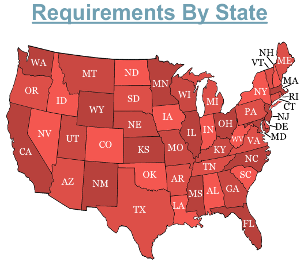

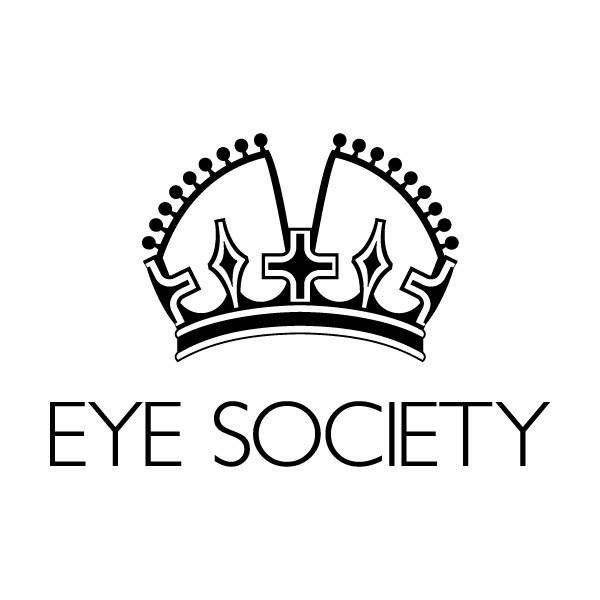

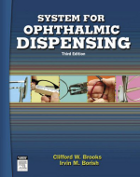
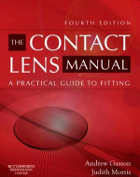
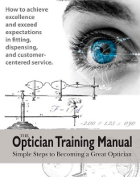
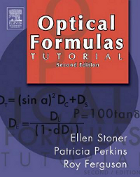
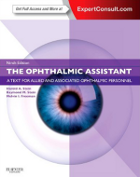
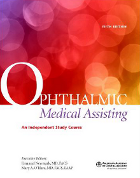
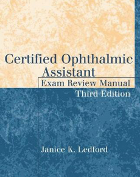
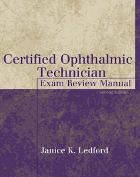
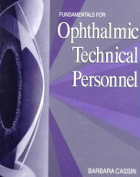
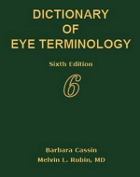
I am interested in taking the exam. I live in Texas and have been an optician for several years. Is there any specific pre-test or exam study guides that pertain only to the ABO exam? I know pretty much all of the basics and would not need to read all of the recommended books. Looking for a “short-cut”, if you will.
Thank you!!
Nichole,
You may want to consider some of the resources listed on the ABO review courses page.
Hi…I just wanted to know if I can take the opticianry exam? I’m an Optometrist and completed my degree in the Philippines. I have spent the last 14 years working in the United Arab Emirates as an optometrist in a hospital. I am planning to visit the US this August. Please advise if I’m qualified to take the opticianry exam. Thank you!
Medina,
In order to become eligible for the ABO Certification Exams, applicants must be 18 years of age and have a high school diploma or GED. National certification is different than state licensing and you will need to review the requirements on our state specific pages to find out if there are additional practice requirements that have been adopted by the state where you intend to work. We recommend contacting the ABO directly to find out if your foreign credentials will be accepted. Although formal training is not required to take the exams, those who use the study materials found on our training resources page to prepare for the tests tend to perform better.
My brother completed an intensive two month optical assisting program at Monty Tech Vocational Institute. Can he take the ABO?
Louis,
The American Board of Opticianry (ABO) does not require applicants to complete a training program in order to take the certification exam. While anyone is allowed to sit for the exam, those who complete an educational program or an apprenticeship prior to taking it tend to perform better.